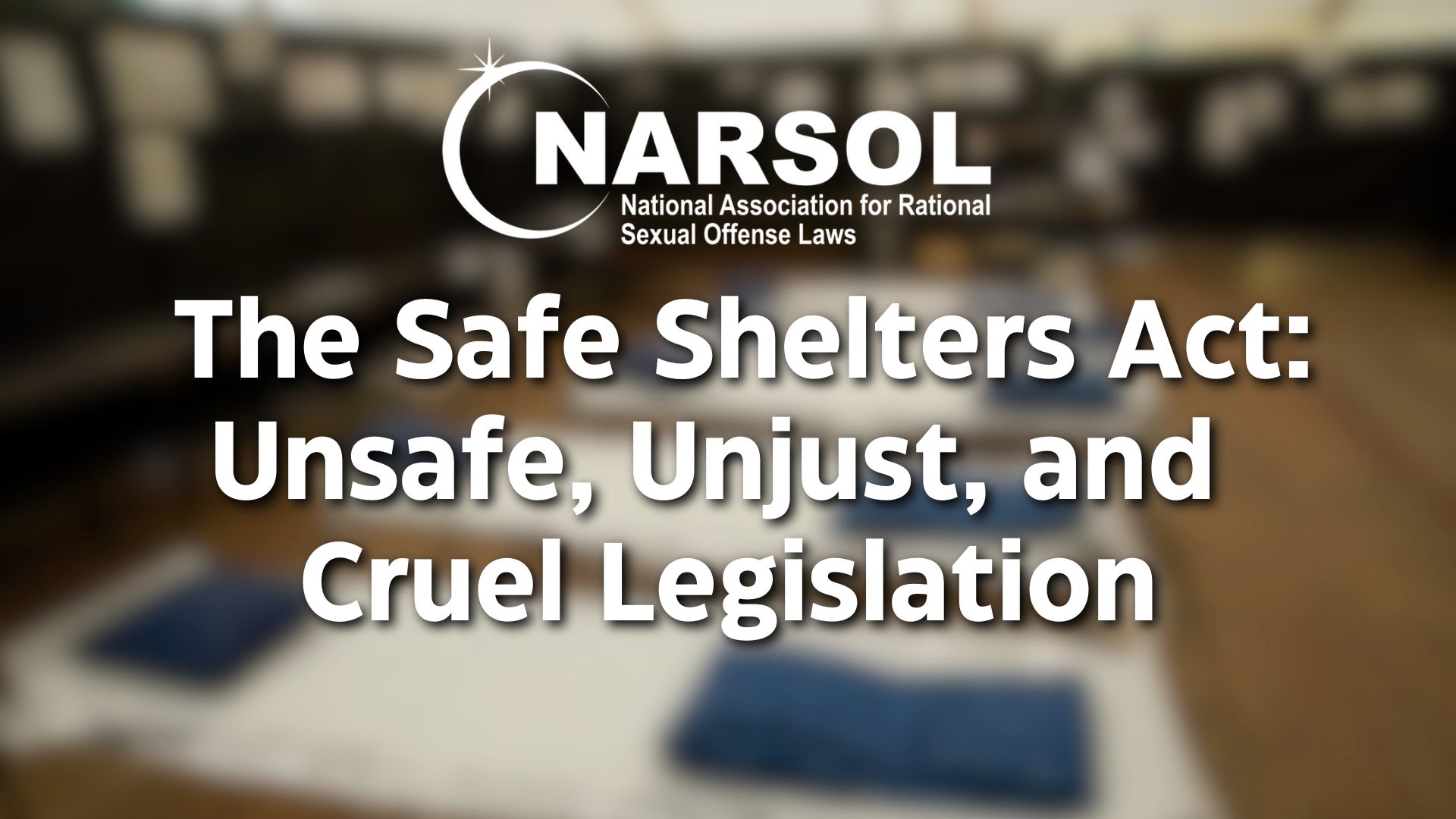NARSOL files amicus brief in premises case before Illinois Sup Ct
By Robin . . . The National Association for Rational Sexual Offense Laws (NARSOL), in collaboration with its foundation and legal fund, Vivante Espero, has filed an amicus brief on behalf of the defendant-appellee, Marc A. Pepitone, in an important case before the Illinois Supreme Court concerning parks and premises restrictions against “child sex offenders” (720 ILCS 5/11-9.3 (f)).
NARSOL is represented by Attorney Paul Dubbeling of Chapel Hill, North Carolina. Illinois Voices filed a separate amicus brief and is represented by attorneys Adele Nicholas and Mark Weinberg, both of Chicago, Illinois.
NARSOL’s amicus brief seeks to accomplish two fundamental objectives in support of the Attorney Katherine Strohl’s primary brief on behalf of Mr. Pepitone, who she defended below and successfully won a challenge against the statute before the Illinois Court of Appeals in February, 2017.
First, NARSOL’s brief demonstrates that recidivism rates among registered sex offenders are known with reasonable certainty and are significantly lower than is commonly accepted or understood. Second, NARSOL’s brief demonstrates that restrictions imposed on registered citizens have no demonstrable impact on rates of recidivism and may actually have the unintended effect of increasing it.
In late Winter, 2013, Marc Pepitone, a registered citizen in Illinois, decided to take a stroll with his dog in Indian Boundary Park near Bolingbrook, Il. He parked his van across three parking spots which attracted the attention of a local police officer. The van’s tags were identified as registered to Mr. Pepitone, a “child sex offender” as defined by Illinois law.
Pepitone and his dog returned from the park to find the officer investigating his vehicle. After asking the officer if there was a problem, Pepitone was informed that he was not supposed to be on park property and was charged in violation of 720 ILCS 5/11-9.4-1(b).
At trial, Pepitone challenged the constitutionality of the statute but his motion was denied. On appeal, Pepitone argued that the law was unconstitutional on its face because it bore no reasonable relationship to protecting the public and was overbroad. He also argued that the statute violated the ex post facto clause because it too effect after his prior conviction. The Illinois Court of Appeals agreed with his first argument and declined to visit the ex post facto question.
This is NARSOL’s third amicus filing in the last twelve months.
More information can be found about this and other cases in Illinois on the Illinois Voices website. Illinois Voices is a NARSOL state affiliate. For information about becoming an affiliate of NARSOL, please visit here.


